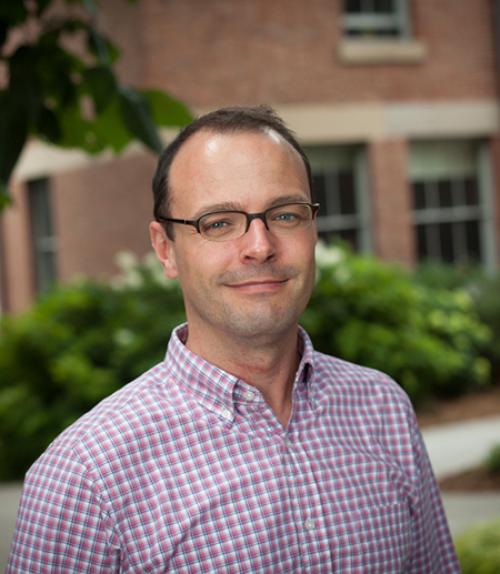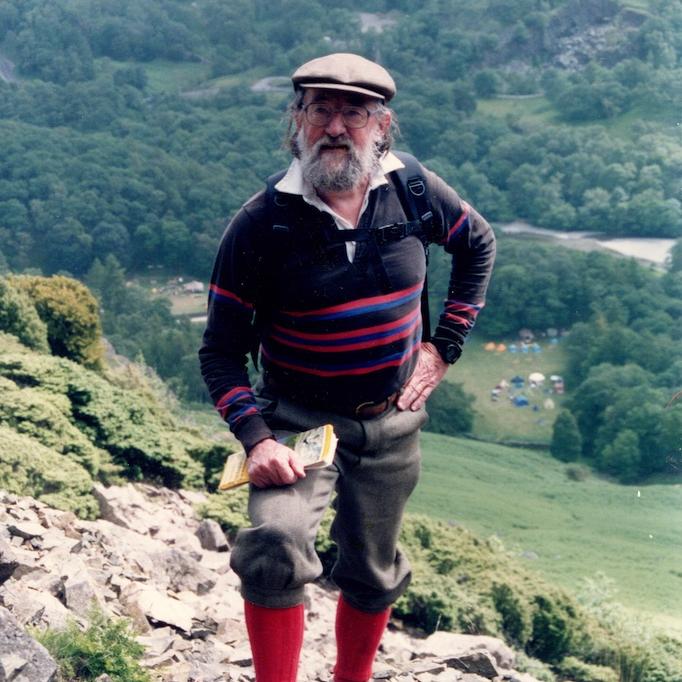
 Department Homepage
The College of Arts & Sciences
Department Homepage
The College of Arts & Sciences
A&S professor honored with NSF Early Career award
Malte Ziewitz, assistant professor of Science & Technology Studies and a Mills Family Faculty Fellow, was recently honored with a National Science Foundation (NSF) Faculty Early Career Development Program award, which will help him to investigate how ordinary citizens cope with being rated, scored and ranked by algorithmic systems.




